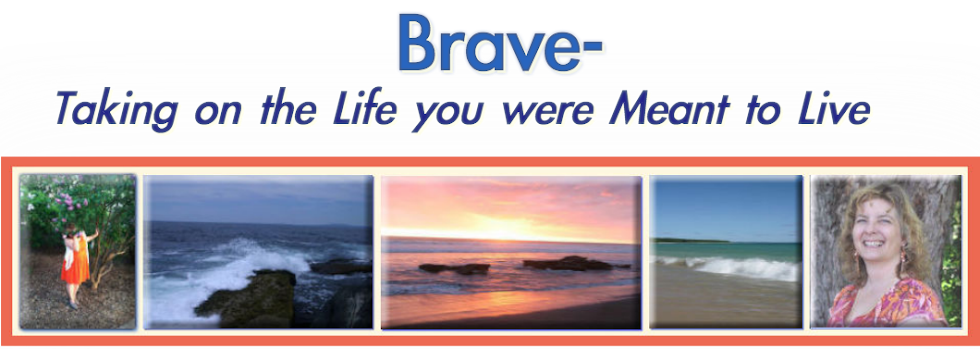“I keep my candy, and my kid, for our church harvest party. I just ignore the doorbell on Halloween.”
 |
| Yes, she was a ladybug one year. But I think this is more of a "layer everything in the dress up box" look. |
That's
a quote, from someone I don't know, on Facebook last week. Halloween
comes and goes, and so do rants about it. As usual. (I had my own
last year regarding the “too old” question.)
The
woman mentioned above seems to share a common opinion among
churchgoing acquaintances. Jus some samples from conversations I
“overheard” online last week:
- Halloween is so dark/creepy/ugly.
- The kids are too greedy/too old/ too overweight/too impolite.
- Costumes are too gruesome/slutty/non-existent.
- Why even open the door?
All
possibly true. Yet the tone feels like Ebeneezer Scrooge landed in
the wrong month and took up residence in, of all the places he never
belongs but too often is found, the church.
Let
me say, first, I don't care for gruesome. Not a fan of the macabre.
Have never, ever felt an inclination to dress up as a bloodied zombie
apocalypse corpse with a chainsaw. My kids were never allowed to dress
like that, and they never wanted to. I avoid Party City in the fall
like the doctor's office during flu season. Just don't need to see that.
So
I get the distaste for handing candy to someone whose costume makes
it all very unappetizing.
 Also—I
want to be clear that if you choose not to celebrate the holiday with
your own children, that is your right to decide. No one gets to guilt
you for that decision. All parents and all kids are different. You
make the best decisions for your kids.
Also—I
want to be clear that if you choose not to celebrate the holiday with
your own children, that is your right to decide. No one gets to guilt
you for that decision. All parents and all kids are different. You
make the best decisions for your kids.
What
I don't get is the notion that we are better people if we turn off
our porch lights and ignore our neighbors' kids. I don't get the
concept that calling other peoples' kids rude or satanic makes us
more polite or more holy. That God will be more pleased with us when
we save our candy for church rather than making it an offering of
grace to those who will never enter our church doors.
As
if, somehow, handing out candy to costumed children at church is
holier than handing it out to costumed children at your front door. I
would suggest that maybe your front door is just as holy. Possibly,
it's even more so.
I'd
love to offer a few thoughts in answer to that final question—
Why
even open the door?
 |
| "Adorable" and "cow" are not words often put together |
Months
of quiet witness to my sisters evaporated on that doorstep.
Again—anyone is entitled to that belief. But not the best way to express it
on a night with the chance to talk to neighbors who come to you and
could be engaged instead of repelled.
Maybe,
instead of thinking of our front door as a barricade to keep the evil
world out, we need to think of it as an altar to offer blessing and
grace.
Maybe
we need to remember that letting our light shine could happen better
when we turn the porch light on for a kid who could be trying to pretend he's scary because this world scares the heck out
of him. Light always shines brighter when it's in darkness. Church
fall events are great. Go. Invite people. But remember that shining your light in an already lit up
room doesn't do much for the total wattage in this world.
 |
| Really, it's a wonder we ever got them to be still long enough to get the dressed. |
You don't have
to like Halloween. You don't have to celebrate it. It can be ugly, and yes, it can be satanic. But—it
can also just possibly be redemptive, when we choose to turn a light
on and open a door.










